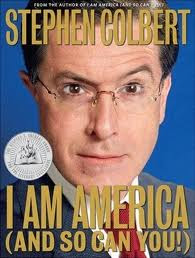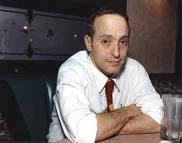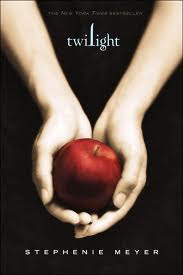
This novel begins with a bizarre dedication:
To Geneva Hilliker Ellroy 1915-1958 – Mother – Twenty-Nine Years Later, This Valediction in Blood
Ellroy’s mother was murdered when he was ten, and the perpetrator was never caught. Apparently, for much of his early life he confused his feelings about this murder with another sensational case, the torture and killing of a woman called Elizabeth Short, whom the press nicknamed the Black Dahlia.
This novel tells the story of two fictional detectives’ attempts to find Ms. Short’s murderer. Given the biographical background, you’d think it would be a deeply felt examination of violence, and how it affects us. Instead, it is a straightforward and enthusiastic police procedural.
With very enjoyable energy and verve Ellroy manages to include just about every single element of any detective formula you can think of, into just this single story. It’s sort of an incredible feat. Thus we have:
-rookie who learns quick
-sexual torture of lithe young woman (I always need more of that!)
-partners who fight, but end up best friends
-detective who gets too personally involved in the case
-dirty informants
-room with meathooks
-surrendering your badge and gun, because you are a loose cannon!
-great sex with people we hardly know
-detective eventually has to face killer on his own
-wait! that wasn’t the real killer! stupid twist!
While I appreciate that this formula is almost always misogynist to some degree, BLACK DAHLIA really distinguishes itself in this department. The torture of the young lady is described with a degree of lascivious enjoyment that made me uncomfortable, and I found it deeply creepy when the main detective eventually started needing to imagine that every woman he had sex with was Ms Short.
That said, I quite enjoyed this formulaic and misogynist book. It has a strong and compelling, if stupid plot, which kept me turning pages. In addition, the writing style is endlessly creative and quite unusual, being a sort of pastiche of period slang. The dedication gives you a flavour of it, but try this:
Russ straightened the knot in his necktie; I clammed up. Sally jabbed a finger at the couch. “Let’s do this quicksville. Rehashing old grief is against my religion”
He also routinely refers to rapists as ‘rape-os’.
I don’t even know how to respond to that.
Top tip: People are apparently still obsessed with the Black Dahlia case today, which makes a Google search – specially an image search – something to be avoided. I have put a respectful picture of the lady up here.









